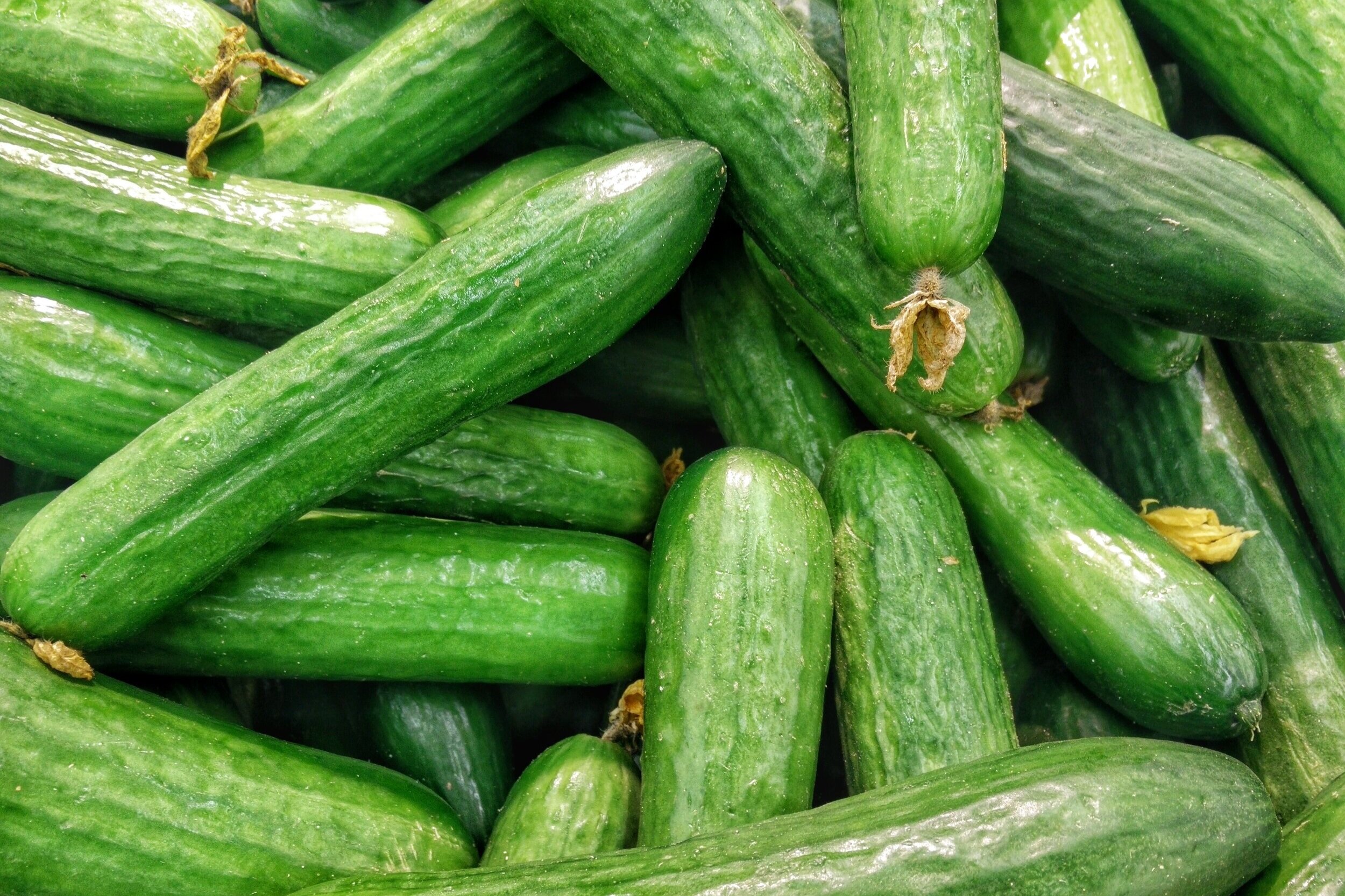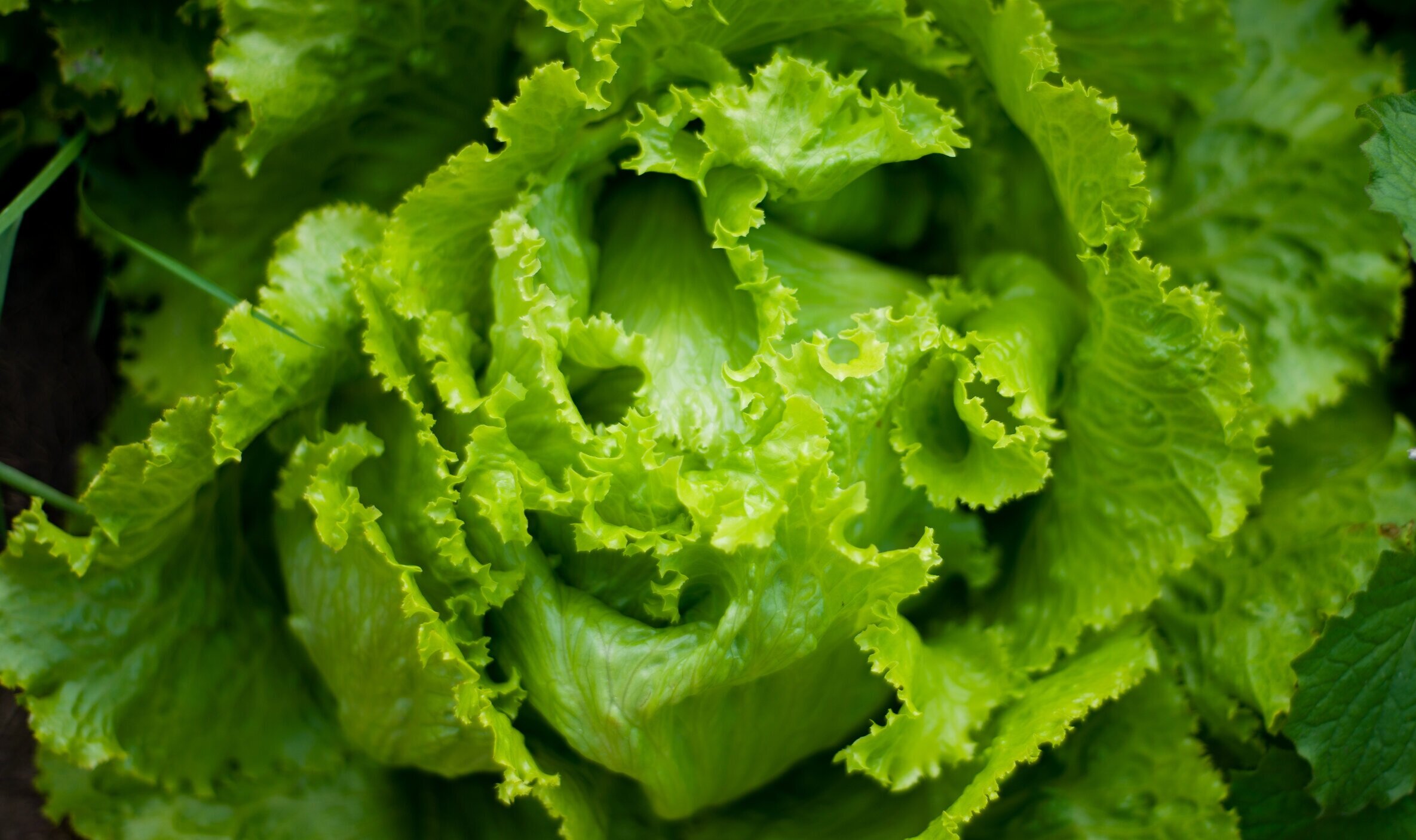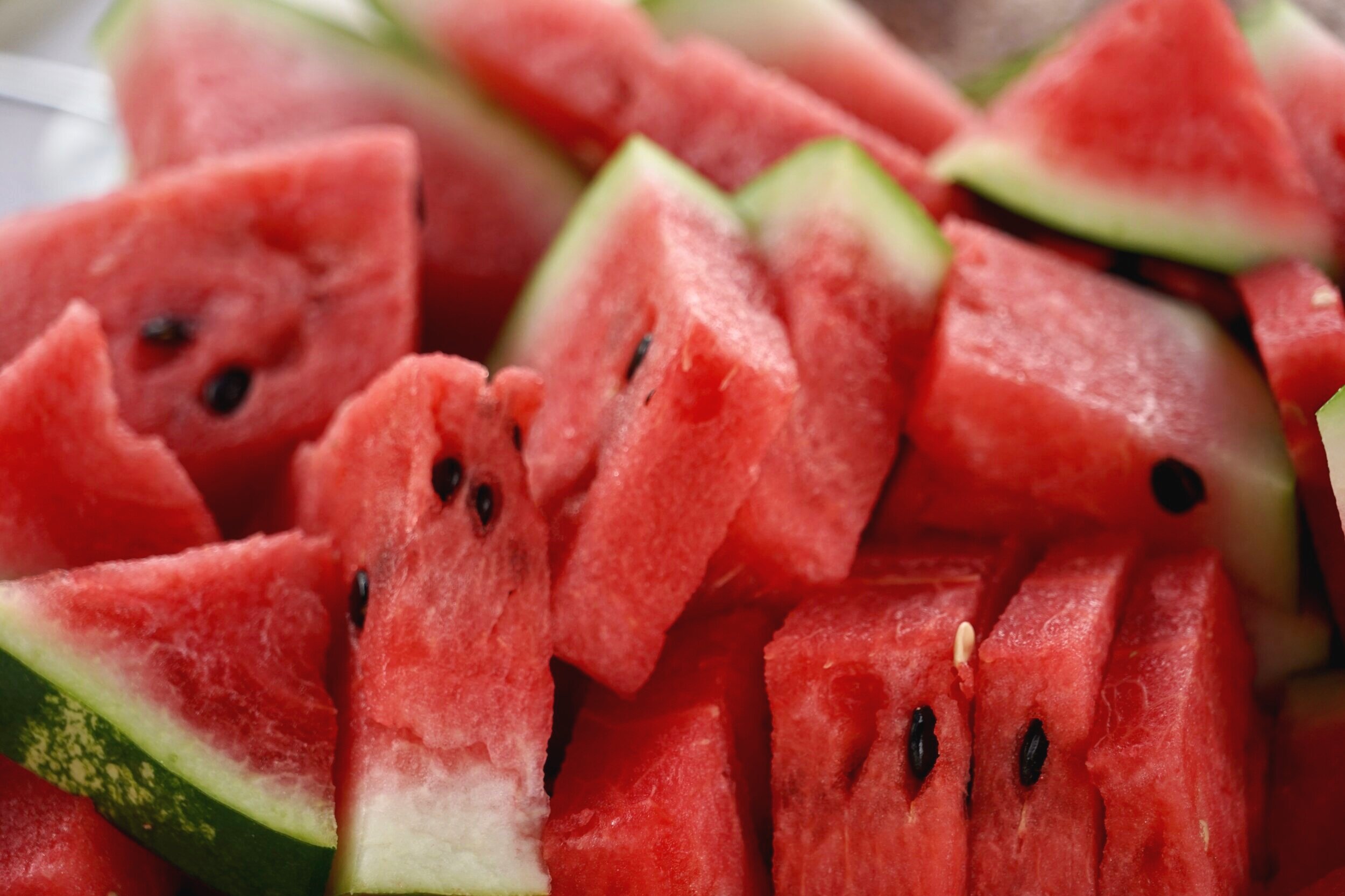Proper Hydration & Eating Your Water
We’ve all seen the meme: “The human body is 90% water so we’re basically just cucumbers with anxiety”. Well, we’re actually more like 60% water but yes, we’re more water than anything else!
Water plays many crucially important roles in the body, including the regulation of body temperature, lubrication of the joints, removal of waste, as well as aiding the circulation of the blood and the transportation of nutrients throughout the body. Indeed, every organ, tissue and cell requires water in order to function. Without water, the body begins to shut down, and negative changes can be felt with as little as a 2-4% decrease in body water levels.
Every organ, tissue and cell requires water in order to function.
Staying properly hydrated is therefore important for everybody, but particularly for those who may be losing more fluids, such as athletes, anyone who has been suffering from bouts of vomiting or diarrhea, and of course, people with IBD and anyone with an ostomy.
We should be drinking enough so as to need to go to the toilet every 2-4 hours. Any less than that suggests some degree of dehydration. Signs of dehydration include dry mouth, increased thirst, headache, little or no urination, dark urine, feeling light-headed, confusion, dry skin, fatigue or feeling sleepy.
Insufficient hydration can also cause an increase in blood pressure. With less water in the blood, it becomes more viscous, and thus harder to move around the body – this can result in elevated blood pressure. By drinking more water, the water content of the blood in our veins increases, making it more liquid and therefore more easily-moveable throughout the body – allowing blood pressure to decrease.
It’s not just about water
While we may be familiar with the oft-quoted guideline of drinking 8 glasses of water per day, it’s important to note that simply guzzling lots and lots of water is not the key to keeping hydrated. In fact, it could even be detrimental.
What determines how the various body systems function is the proper balance between water and electrolytes. Electrolytes are minerals (including sodium, calcium, potassium and magnesium) which carry a small electrical charge (as is suggested by their name) and are absorbed by the small intestine and dissolved in our body water. The charge in turn helps the body regulate its water levels and pH balance (how acid or alkaline our internal environment is), and contributes to the proper functioning of our muscles and nervous system.
What determines how the various body systems function is the proper balance between water and electrolytes.
An electrolyte imbalance can occur if the body has too little water (ie dehydration), but also if it has too much. If too much water is drunk too quickly, you could in fact end up flushing out electrolytes, sodium in particular (causing a rare condition called hyponatremia), thus resulting in an electrolyte imbalance, many symptoms of which are similar to those of dehydration. When the sodium in our blood is too low, our body loses the ability to properly regulate our bodily fluids. This is why we often crave salt when we are dehydrated: it’s our body telling us our electrolytes need rebalancing.
The key is to regularly drink small amounts of water and other liquids, or, when a larger volume of liquid is necessary (after excessive sweating from exercise, or following a stomach bug for example), not to drink large volumes of water on an empty stomach, and to ensure sufficient intake of electrolytes. You can do this by way of oral rehydration salts/solutions, which usually come in powder or tablet form, to be dissolved in water. Some energy drinks also contain electrolytes, but be mindful of using these too often as they may also contain sweeteners and artificial colourings. You can also easily make your own electrolyte drink.
Because plain water can have the tendency to ‘slip through’ our digestive system when not accompanied by food or nutrients, it’s important not to drink huge volumes of water on an empty stomach.
Because plain water can have the tendency to ‘slip through’ our digestive system when not accompanied by food or nutrients, it’s important not to drink huge volumes of water on an empty stomach. Also, it’s good to ensure that water you drink is accompanied by food/nutrients, and one of the best and easiest ways to do that is to actually eat your water.
Eat your water
While all liquids (not just plain water) contribute to your daily hydration, around a fifth of your daily fluid intake actually comes from the food you eat. And it’s the nutrients and electrolytes in that food that help to keep things well-balanced in the body.
Around a fifth of your daily fluid intake actually comes from the food you eat.
Some alternative liquids to plain water are juices, smoothies, soups, broths, and even small quantities of tea and coffee (their dehydrating effects only kick in when consumed in larger quantities, and so their fluid content should not be discounted outright).
Bone broth is a great option, especially if a stomach bug has been wreaking havoc on your hydration, as is natural coconut water, which contains five key electrolytes: sodium, potassium, calcium, magnesium and phosphorus.
When it comes to eating your water, fruit and veggies are your best friend.
When it comes to eating your water, fruit and veggies are your best friend. At around 80-99% water, they are very hydrating, as well as being full of nutrients and all-round goodness. For instance, one cup of lettuce provides around a quarter cup of water, and 1 medium tomato can provide up to half a cup.
Here are just some of the most hydrating fruit and veggies for you to choose from:
(1) Cucumbers
Made up almost entirely of water – hence the meme – cucumbers are super hydrating and refreshing, and contain potassium, magnesium and phosphorus. This is why they are the key ingredient in this hydrating juice.
(2) Lettuce
Salads contain plenty of water, and that is largely down to their lettuce element. Different lettuce varieties contain different amounts of various nutrients, but overall they are a good source of fibre, potassium, and vitamins A and K.
(3) Tomatoes
Technically a fruit and not a vegetable, the water content of tomatoes is clear as soon as you cut or bite into them. They are rich in fibre, potassium, folate and vitamins C and K. They are also a great source of lycopene, a well-known antioxidant.
(4) Celery
King of crudités, celery is a wonderfully crunchy veggie, with a high water content and an impressive amount of fibre. Its shape also just happens to make it the perfect veggie spoon for any dip you pair it with!
(5) Watermelon
The name just gives it away doesn’t it? Watermelon truly is mostly water, but it also offers up plenty of nutrients (including vitamins C and A, some B vitamins, zinc and potassium), fibre and lycopene.
(6) Strawberries
In addition to being around 90% water, these antioxidant-rich berries are also a great source of vitamin C and fibre.
(7) Pineapple
Rich in fibre, this delicious tropical fruit also has an impressive nutrient profile, including vitamin C, B vitamins, potassium and magnesium. It’s also an excellent source of the digestive enzyme bromelain, which is widely used for its anti-inflammatory benefits.
In addition to eating plenty of fruit and veg, you can also add them - and herbs as well - to plain water, both to make the taste more interesting, but also so as to add in some nutrients. Why not try:
Mint leaves
Lemon or lime
Cucumber
Pineapple
Watermelon
Strawberries
Crush these add-ins a little before adding them to your water, to better release their flavour.
Summary
Keeping hydrated is important for everyone, but especially so during these hot summer months, and for anyone who is losing fluids, whether due to a stomach bug, from excessive sweating, or as a result of a health condition like IBD.
But there’s more to hydration than drinking gallons of water. While it is certainly the purest and healthiest drink option, it’s important to remember the role of electrolytes, and to hydrate in a way that maintains their balance in the body. Eating your water, and consuming water with nutrients from fruit and vegetables is a great way to do this!
These drinks are a good way to get you started and on the right hydration track:








